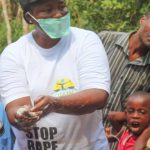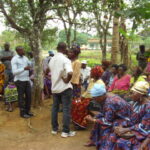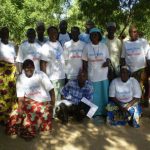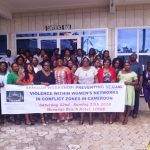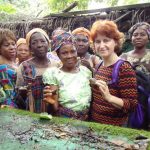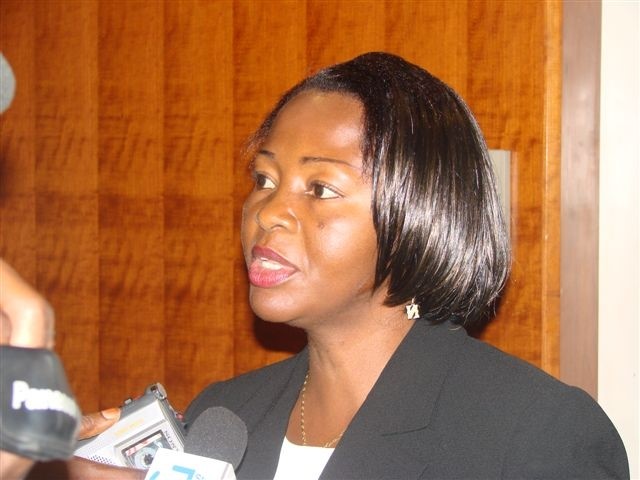
Founder's Vision
Esther draws her inspiration from her mother who though uneducated and could barely write her names, was very intelligent, hard-working, and assertive of her rights. She worked on the farm and sold part of her foodstuff to ensure good education for her three children. This website gives her the opportunity to tell her interesting and motivating story.
Esther Ayuk, the founder of CYJULERC, is a Judge of the Court of First Instance Buea, in the South West Region of Cameroon – Central Africa. Born of a modest African family, her father was a teacher and her mother a housewife.
As a young African girl, Esther had her secondary education in the first and most prestigious girls Secondary School in Cameroon, Queen of the Rosary College, Okoyong. The role her mother played, though uneducated, to ensure her secondary education in this prestigious institution is engraved in her memory. Her father, a teacher, wanted her to study in a Government (Public) Secondary School which is less expensive but with little emphasis laid on morals. Esther’s mother did not hesitate to exhaust all her little earnings to ensure that her daughter, though of humble background, gets the same opportunity with girls from elitist families. Esther saw how committed and dedicated mothers could be to their children, ready to go to all lengths for their kids.
Esther’s experience as a Deputy State Prosecutor and a Judge has given her the opportunity to experience, first hand, the discrimination and mistreatment of women and children. The high levels of illiteracy among women in Cameroon and discriminatory traditional practices have contributed greatly to unequal status of men and women. Most women do not know their basic rights as spouses or partners, and so cannot assert themselves. I realized that there were many cases where women who sought redress did not have a good case because of the absence of documentary evidence, e.g., the non possession of a marriage certificate.
I also had many cases of women who cannot speak out because they rely on the men for subsistence; so most perpetrators of violence against women cannot be brought to justice.
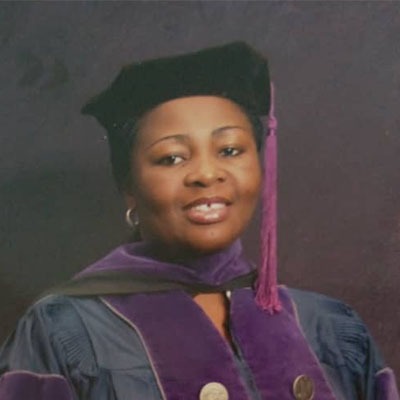

Children are often at the mercy of their father, some of whom consider the obligation to educate and cater for their children a mere privilege. Children from polygamous homes are often abandoned to their mothers. In cases where the mothers are not economically viable to take care of their basic needs such as education, health care and feeding, the consequences are that, the children drop out of school and end up on the streets; some are trafficked while others are sent to relatives who subject them to all kinds of exploitation – forced labor, servitude, sexual exploitation etc.
Esther’s personal story and job experiences continue to motivate her to promote and encourage women to assert themselves socially, politically and economically so that they are able to defend their interests and those of their children.
Her vision is to fight discrimination and promote gender equality, educate and empower women and rural communities, build a database for information on women’s and children’s rights, disseminate knowledge of how the judicial system works to the grassroots and how it can be used to protect human rights.

